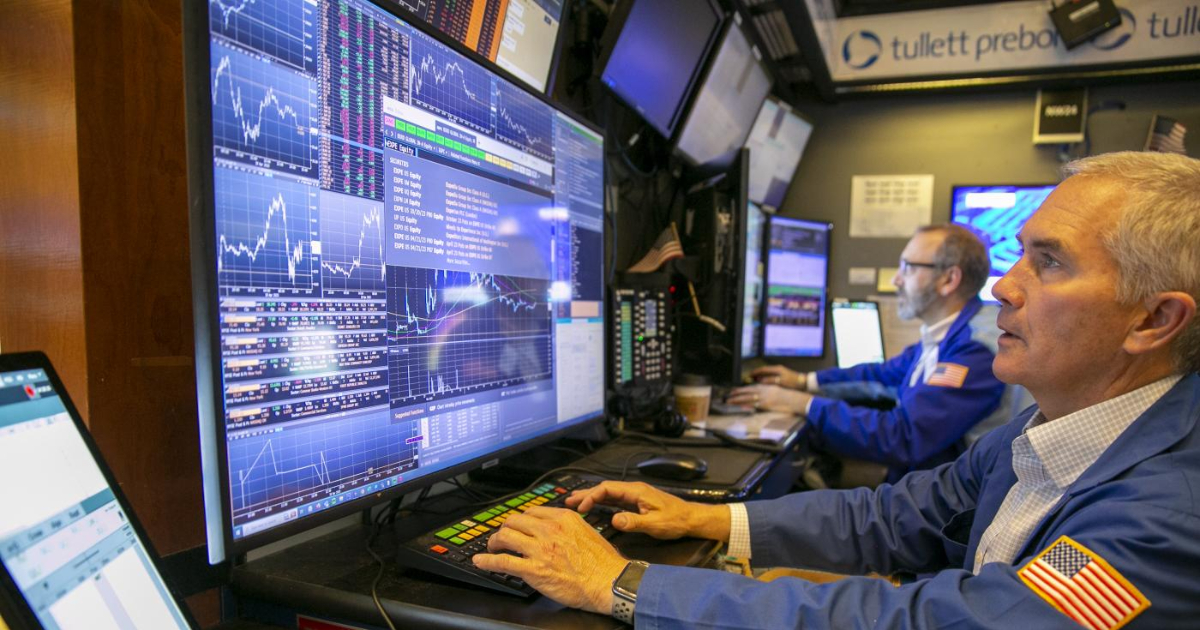
It’s another day of fear in US markets, shaken by the bankruptcy of the First Republic bank. The fact that the giant Jp Morgan bought the deposits and a large part of the assets was not enough to calm investors’ spirits. regional banks, which have characteristics more or less similar to those that failed in recent weeks are downloaded from wallets. PacWest drops 26%, Western Alliance it 20%, Metropolitan Bank 19%. Not even the giants are immune from sales. Bank of America goes down 4%, Wells Fargo by 4.6%, Citigroup by 2.6%, Goldman Sachs by 2.5%, Jp Morgan itself falls by 2%. Flexions that ballast all the indexes. The S&P500 fell by 1.5%, the Nasdaq by 1.2%. The data released yesterday on the economic slowdown in China and the United States did not help the markets. Figures that also bring down oil prices, down by almost 5% to 75.5 dollars a barrel (Brent).
On the Nasdaq there is also the case Icahn Enterprise which plummets 20% in what looks like some sort of clash of vultures. The company of the financier Carl Icahn it’s in the crosshairs of the Hindenburg bearish fund, already architect of the collapse of the Indian giant Adani. Hindenburg speculates downwards on the holding and accuses Icahn of “throwing stones from his glass house”. The valuation of his holding company, which capitalizes on $18 billion on Wall Street and in which Icahn and his son Brett hold 85% of the capital, is in fact “inflated” by more than 75%, says Hindenburg in a report just released. Icahn Enterprises comes in fact trading at a premium of 218%, “much higher than peers” relative to its net asset value (nav), the company experienced “further performance losses” over the year and Hindenburg found “clear evidence of inflated valuations” of its illiquid holdings and unlisted.
To back up these quotes, Hindenburg argues, Icahn would offer the retail investors investing in his holding company (where there are no institutional investors) a dividend yield of 15.8%, the highest among large American companies. A dividend that neither the cash flows nor the performance of its subsidiaries would be able to sustain and whose payment is made possible only thanks to the continuous placing on the market of shares of its divisions. “In short, Icahn is using the money taken from new investors to pay dividends to old investors. These economic structures similar to one schema Ponzi they are sustainable only to the extent that the new money is willing to take the risk of being the last to hold the match,” warns Hindenburg.